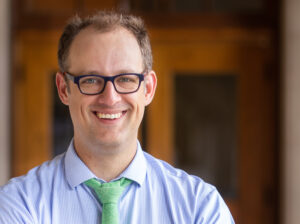 Phillip Maciak, lecturer in English and in American Culture Studies, both in Arts & Sciences
Phillip Maciak, lecturer in English and in American Culture Studies, both in Arts & Sciences
It has to start with the obituaries.
Last spring, after many years of imagining different possible iterations of it, I finally had the opportunity to teach a course called “Hot Takes: Cultural Criticism in the Digital Age” in the American Culture Studies Program at Washington University in St. Louis, where I am a lecturer. (I am heartily sorry for the craven cheesiness of that title — the course catalog is a mortifying medium and we must all debase ourselves.)
Written nearly five years ago while I was applying for positions on the academic job market, the original syllabus outlined how a new and exciting form of cultural criticism — “the space betwixt and between the comments section and the little magazine,” I wrote at the time — had arisen from the gargantuan yet idiosyncratic online networks of the twenty-first century, and along with it a new wave of public intellectuals, like Roxane Gay, Anne Helen Petersen, Jia Tolentino, Jenna Wortham, Molly Lambert, Alyssa Rosenberg, Hanif Abdurraqib, Scott Tobias, Ezekiel Kweku, and so many more. The class was supposed to signify a sense of boundless ramshackle possibility, both for me as a job candidate and for the critics who occupied my reading schedule.
Read the full piece in The Week.